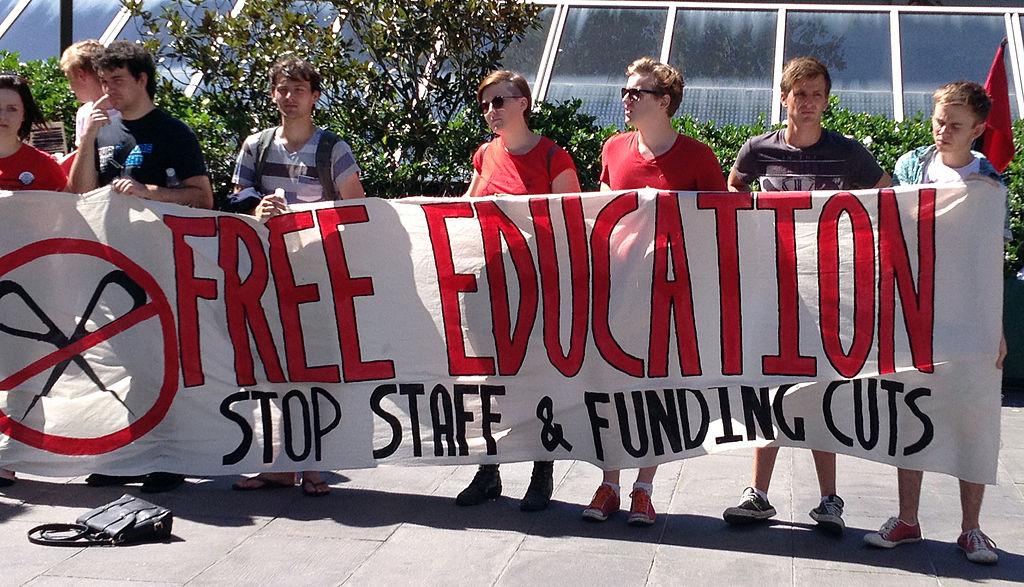Commentary
A nanosecond after U.S. President Joe Biden announced the partial cancellation of American student loans, a collection of interest groups demanded the Australian government do the same.

A nanosecond after U.S. President Joe Biden announced the partial cancellation of American student loans, a collection of interest groups demanded the Australian government do the same.